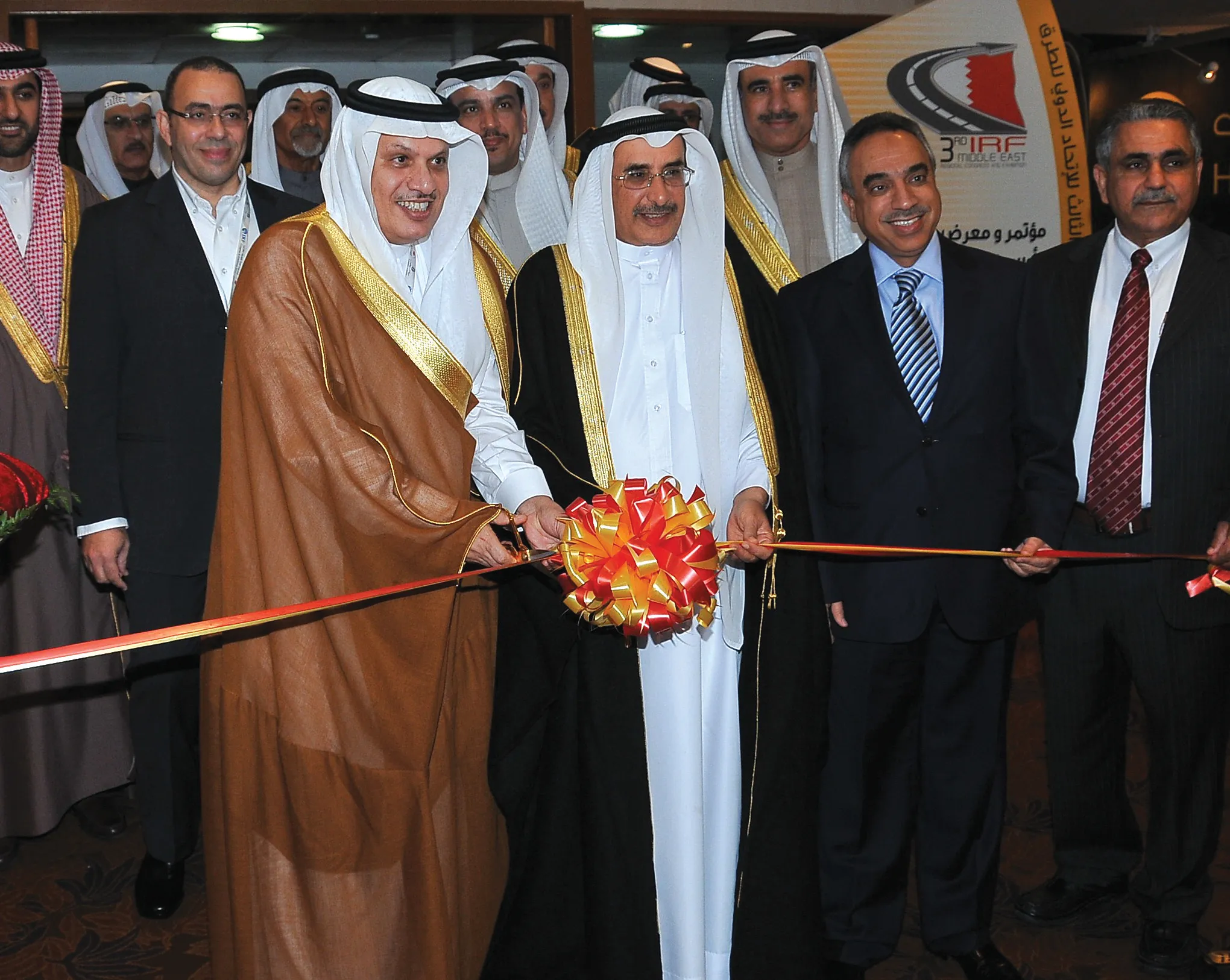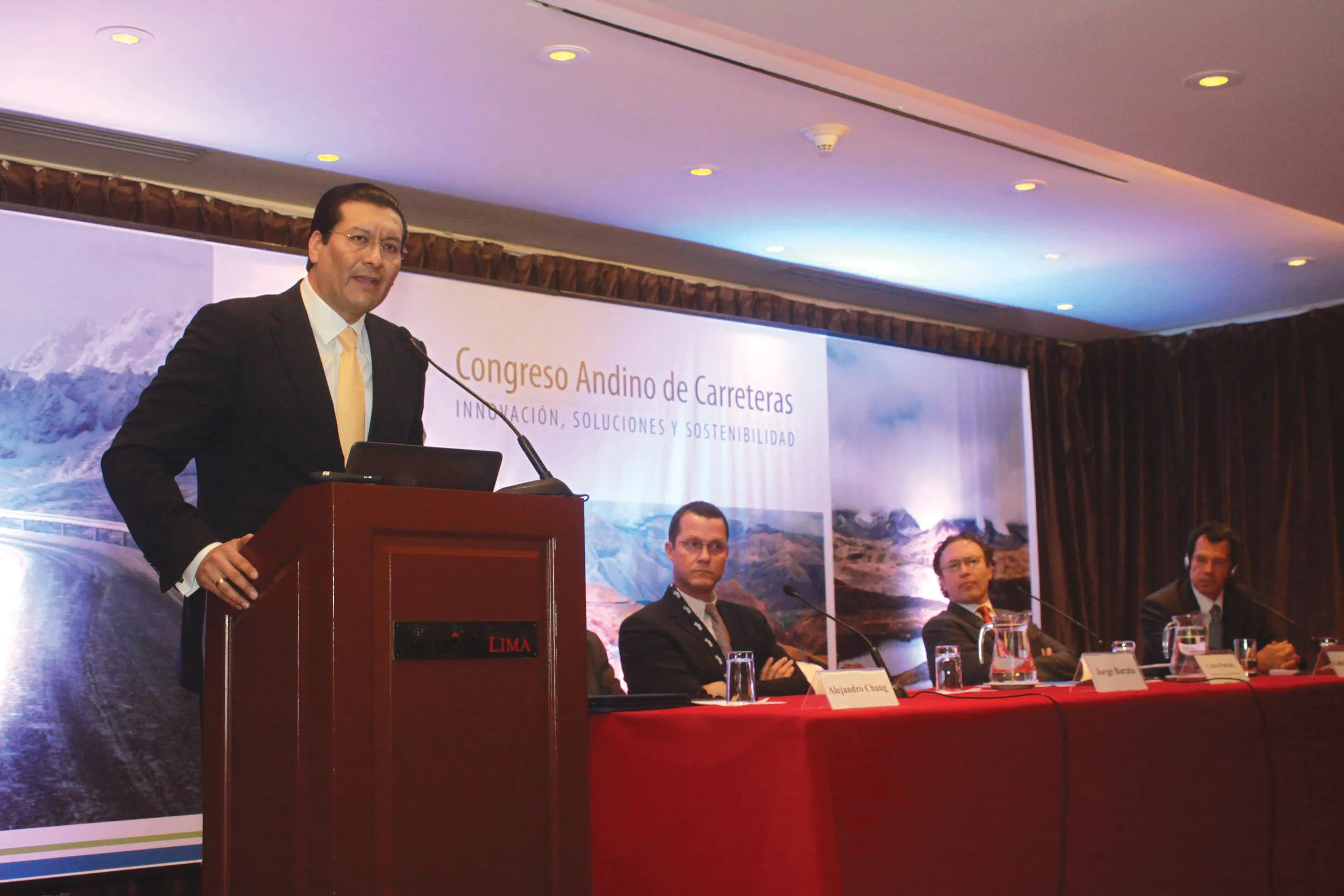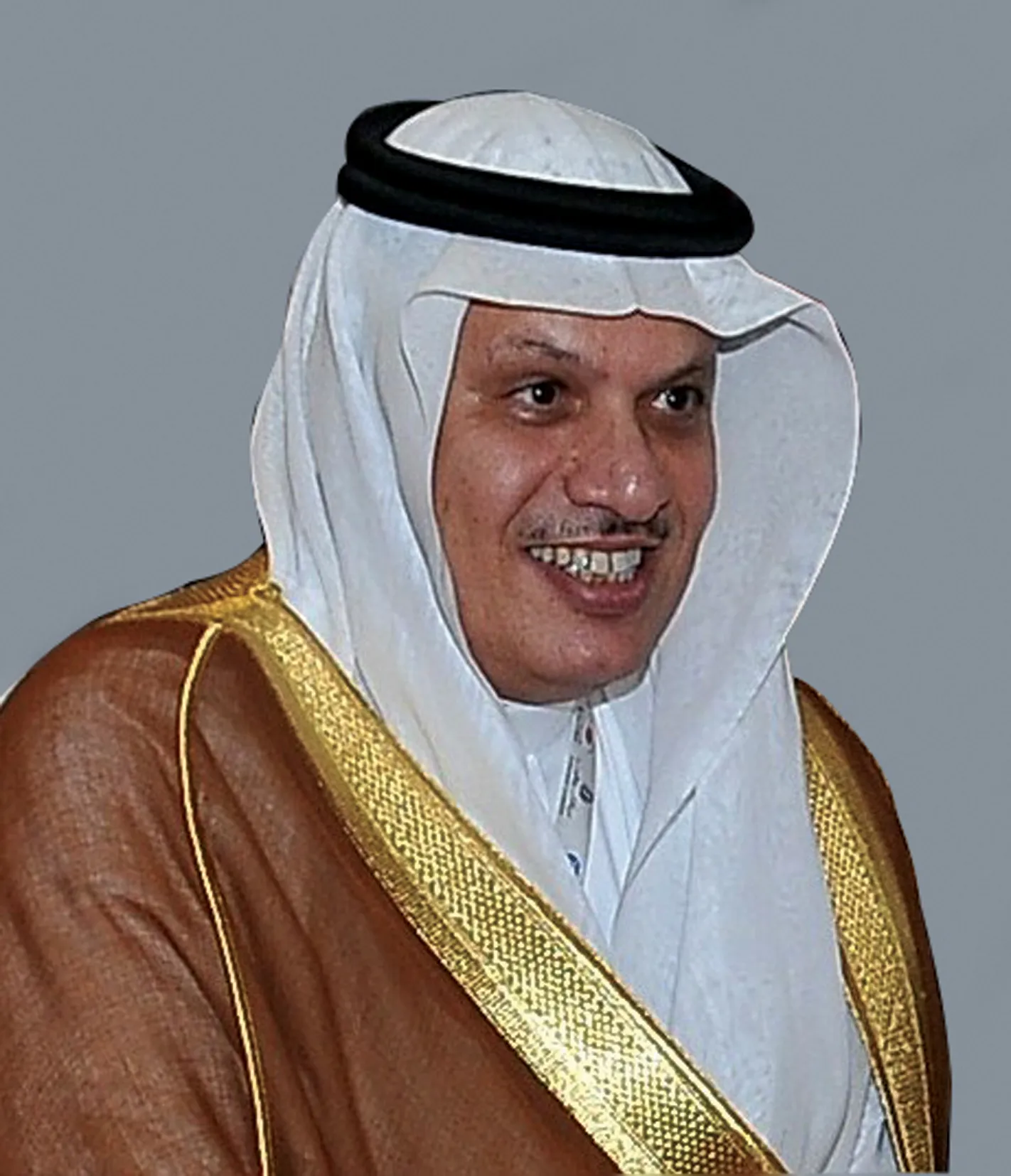The third edition of IRF's signature event in the Gulf region gathered over 450 regional and international delegates amid calls for concerted efforts to meet the challenges posed by the region's growing demand for personal mobility and increased movement of goods
March 15, 2012
Read time: 4 mins

The third edition of IRF's signature event in the Gulf region gathered over 450 regional and international delegates amid calls for concerted efforts to meet the challenges posed by the region's growing demand for personal mobility and increased movement of goods
Event Patron Shaikh Khalid bin Abdulla Al-Khalifa noted that the region's economies are among the fastest growing in the world, resulting in new infrastructure demands which the region is responding to through multibillion dollar investments.Examples of these large-scale infrastructure programs include two major highways linking Qatar and Saudi Arabia through Bahrain. These investments need to be coupled with enhanced legislation and engineering practices, added Bahrain's Deputy Prime Minister who challenged Congress delegates to produce recommendations commensurate with the Kingdom's development plans.
"We cannot be content with keeping pace with demand - we must confidently predict and plan accordingly", noted for his part Saudi Deputy Transport Minister and current
Nestled in the throbbing heart of one of world’s fastest-growing regions, Bahrain has seen a surge in traffic over the last decade. Registered vehicles have nearly doubled in nine years, with nearly half a million vehicles on the country's roads as of December 2011. Keeping pace with this growth is a constant challenge for the region’s road engineers, who have embarked on a nationwide plan to build, renovate, revamp and expand key Bahrain’s trunk road network as part of the country’s Roads Strategic Master Plan.
"While the car population is growing by an average of 7.3% every year, people's reliance on public transport remains as low as 5% of total trips per day," noted the Kingdom’s Minister of Works Essam bin Abdulla Khalaf. "We are now working to get more and more people to use public transport," Khalaf added “and relying on advanced communication and computing technologies to improve the efficiency and safety of the existing road network”.
With traffic forecast to keep expanding, safety concerns remain one of the Gulf Region’s key preoccupations and one of the top discussion items at the Congress. Bahrain has developed a National Road Safety Plan with a goal to reduce fatalities and serious injuries on its roads by 30% over the next decade through programs, technology or best practices that will either help to prevent the accident or will reduce the severity of the accident. To avoid relying on out of date standards, one recommendation that was made for roadside safety hardware was the use of the IRF Resolution that encourages road authorities to use either EN 1317 or NCHRP 350 tested products.
The Congress also provided an opportunity to reaffirm the road sector’s adherence to sustainability practices, leading to reduced emissions, reduce energy needs and reduce lifecycle costs. The Bahrain Ministry of Works announced on this occasion its decision to endorse the “Abu Dhabi Declaration on Sustainable Transportation Systems” developed in December 2010 during the 2nd IRF Middle East Road Congress in the capital city of the United Arab Emirates. The Declaration affirms the desirability of applying broad sustainability goals to the transportation system, and promoting underlying goal-oriented policies towards that end.
Commenting on the extraordinary success of the Congress, IRF Washington President & CEO Patrick Sankey stated: "For over thirty years, IRF has been a partner to the Gulf countries. As their capacity building needs have grown, IRF has facilitated knowledge sharing programs by providing professional development opportunities for its road and traffic engineers.” Sankey continued: “I am thrilled to announce that the region continues to be a major contributor to the endowment of the International Road Educational Foundation, which provides graduate-level scholarships to the next generation of road and transport leaders."








